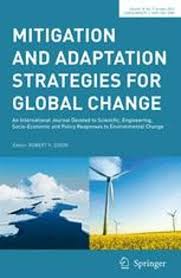Inland fisheries in the Sudd region of South Sudan, one of the world´s largest wetland and a RAMSAR site, are vital for local livelihoods and food security of dependent families. Although detailed studies are lacking due to the recent history of war, civil strife and extreme poverty, South Sudan has been experiencing substantially warmer and drier weather in the last century. How local fisherfolk adapt to increasingly erratic rainfall, droughts and floods remains unknown. We surveyed 294 fishers and agro-pastoralists, who also fish, in 28 villages in the upper Sudd in southern South Sudan using questionnaires. Although fishing is a main activity, interviewees depend on alternative income streams, particularly forest products, agriculture and livestock breeding. To cope with the changing climate, interviewees reported they have developed multiple coping strategies. These include fishing- and agriculture-related strategies, tree planting, tree felling, social support and migration. However, tree-felling can reinforce the negative effects of flooding and drought. Barriers to climate change adaptation include the lack of weather forecasts, coping skills as well as declining market access and the erosion of traditional knowledge. The majority of respondents expressed a favourable view of civil society actors, considering them instrumental in facilitating climate change adaptation efforts. Because of weak governance, lack of local and national expertise and widespread extreme poverty, international organisations and NGOs need to support the South Sudanese state and society to adapt to the changing environmental circumstances.
DOI:
https://doi.org/10.1007/s11027-024-10190-w
Score Altmetric:
Dimensions Nombre de citations:



















